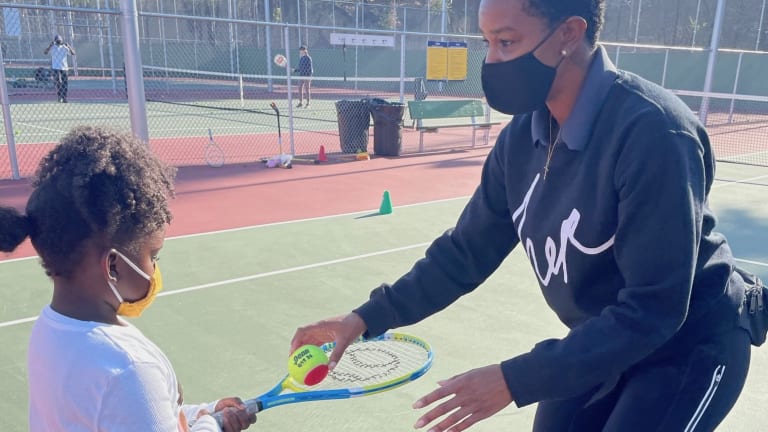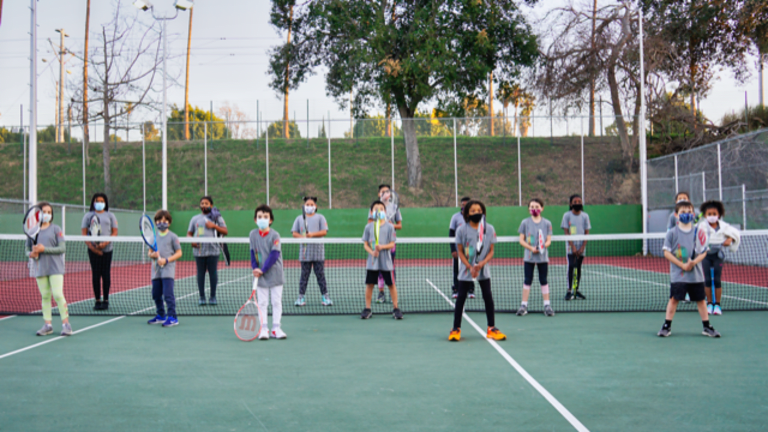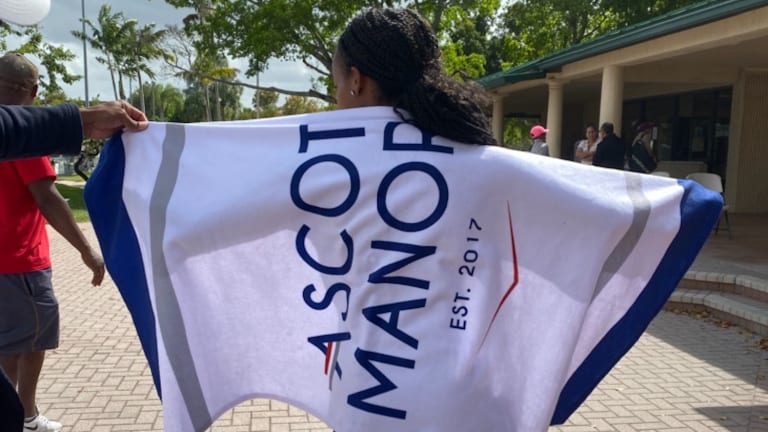Black-owned businesses push to change tennis' "elitist" narrative
By Feb 28, 2021Social
Katie Boulter cheekily calls out Alex de Minaur's 'elite' red flag behavior for going off the grid
By Apr 29, 2025Pick of the Day
Madrid Open Betting Preview: Casper Ruud vs. Taylor Fritz
By Apr 28, 2025Madrid, Spain
Can Fritz, Shelton and other American men go from “good clay-court players” to great ones?
By Apr 28, 2025Madrid, Spain
With new coach Dinara Safina, Diana Shnaider makes mental strides in Madrid
By Apr 28, 2025Madrid, Spain
Aryna Sabalenka vs. Peyton Stearns: Where to Watch, Madrid Preview, Betting Odds
By Apr 28, 2025Madrid, Spain
Jack Draper vs. Matteo Berrettini: Where to Watch, Madrid Preview, Betting Odds
By Apr 28, 2025Madrid, Spain
Iga Swiatek vs. Diana Shnaider: Where to Watch, Madrid Preview, Betting Odds
By Apr 28, 2025Social
"Kids are our future": Jannik Sinner launches eponymous foundation
By Apr 28, 2025ATP Challenger Tour
Sandro Kopp follows Bayern Munich wherever he goes: “I’m subscribed to all the streaming services.”
By Apr 28, 2025Black-owned businesses push to change tennis' "elitist" narrative
Ascot Manor and 40 Love are among a low percentage of Black-owned businesses in the tennis realm, but their passion for change and reinventing what the game looks like is sky-high.
Published Feb 28, 2021
Advertising

40 Love Founder Doris Obih helps young girl during tennis lesson.
Advertising

Children practice during a 40 Love clinic.
Advertising

Junior tennis player holds up Ascot Manor towel.